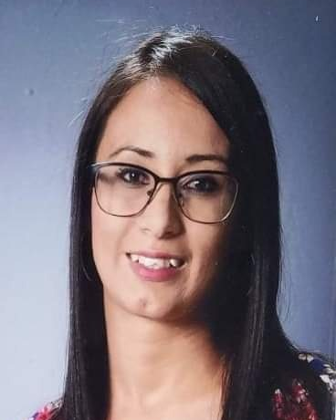Description
Our Village Children's Academy provides infant care, toddler care, preschool, and pre-kindergarten to the Highlands Ranch, CO area.
Keywords Preschool, Childcare Programs, Daycare, Infant Care, Toddler Care, Pre-Kindergarten.
Reviews
Opening hours
Payment Options
American Express , Visa , Discover , MasterCard
Bios
-

Andrea Pizano
Executive Director -

Devin Lopeman
Assistant Director -

Kelly
Lead Teacher -

Andrea
Lead teacher -

Taylor
Lead Teacher -

Marcela
Lead Teacher -

Marta
Lead teacher -

Lorena
Infant Nursery Supervisor -

Andrea
Lead teacher
Categories
Preschools(303)225-0287 (303)-225-0287 +13032250287 (303)791-5771 (303)-791-5771 +13037915771
Map 9314 Commerce Center St
Loading map...









